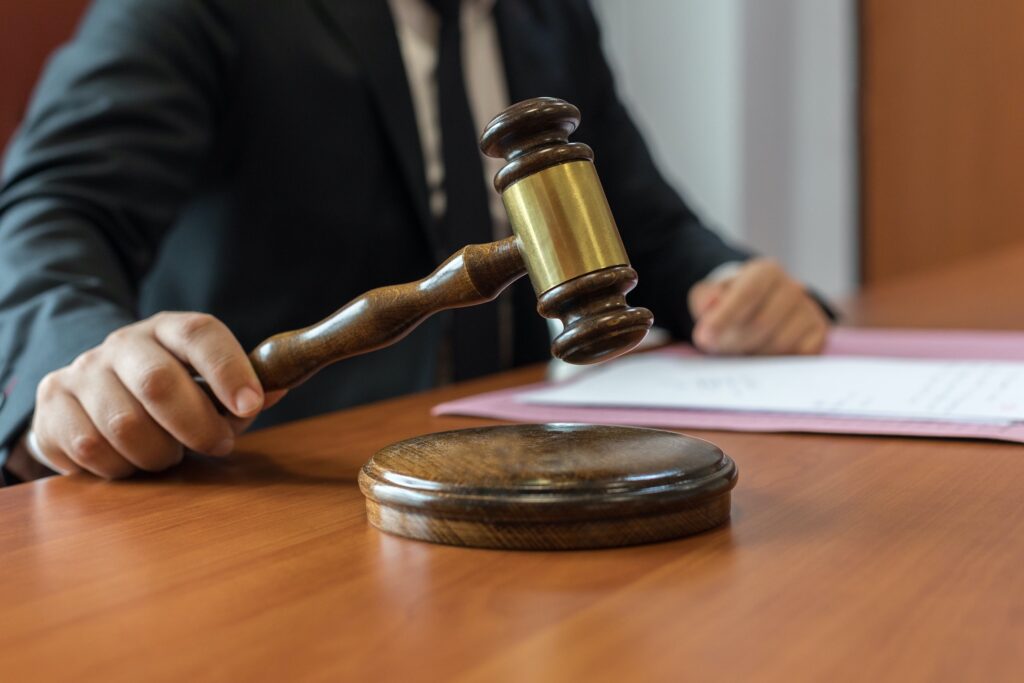It seems like every week, a new law firm puts out an opinion blog on how to handle AI governance.
Sadly, those organizations who start first with the morass of legal issues will find that their engineering efforts are quickly hamstrung by endless bureaucracy.

Attorneys are gaining increasing expertise at talking the talk about the finer points of technology, throwing out terms such as “transformers”, or “retrieval augmented generation”.
Unfortunately most of these well established litigators have no idea of the technical roadblocks and snares that will derail a promising AI startup all without ever introducing one page of legalese.
This is why I detest the term “AI Governance”. The phrase lends itself to bureaucracy. Which appoints under-skilled or unknowing bureaucrats the ability to enforce rules, that at once arbitrary soon become solidified without a thorough asking of “how”? or “why”?
In the AI arms race, there is no room for bureaucracy, there is hardly room for Governance. Though an increasing problem is that businesses, organizations and government entitles who have adopted AI have all promised that they are or will be implementing “Responsible AI”.
To me, “Responsible AI” is a term that is coined as lip-service as of today. Only a small percentage of organizations have conducted an AI Risk Assessment let alone appoint an entire AI governance team.
What about those organizations who have that team in place already? Is there any sense that they understand what the biggest threats of AI even are? It might be important to be aware of the consequences if they perform their jobs poorly.
If isn’t hard to find a law firm that will offer to write legal opinions about AI procurement, AI training, or AI negligence, but does the legal world understand what an undertaking it is to build an LLM? Imagine if the EPA had to approve every aspect of the building of the pyramids of Giza.
So now we have attorneys offering advice on topics that are increasingly technical, and programmers warning their managers that some AI might do something illegal.
The line between attorney and coder is starting to blur, and if we continue on the current track we may have court proceedings resembling what was depicted in the movie, Idiocracy.
